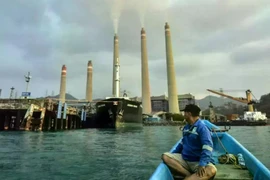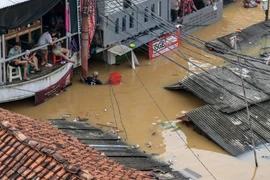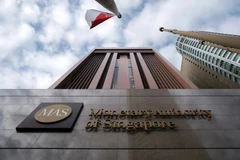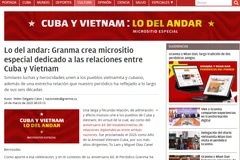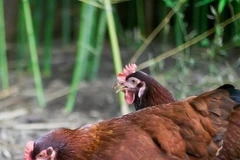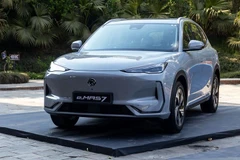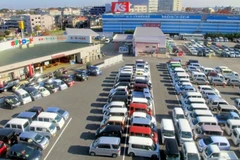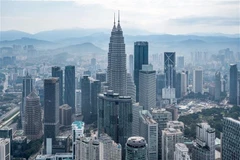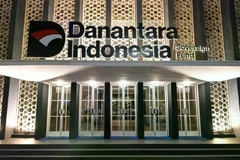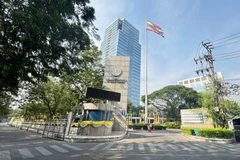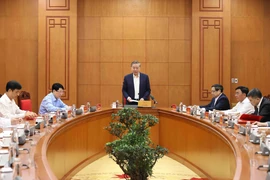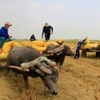Hanoi (VNA) – Indonesian Coordinating Minister for Economic Affairs Airlangga Hartarto on March 24 affirmed that the US decision to pull out of the Just Energy Transition Partnership (JETP) will not impact the other partners' commitment to it.
The JETP, a financing commitment from developed countries and global lenders to help developing nations adopt cleaner energy, has earmarked 20 billion USD to help Indonesia cut its emissions.
Earlier this month, the US said it had withdrawn from its JETP deals with three countries, including Indonesia. Previously, the US commitment in Indonesia was over 2 billion USD, made up of non-concessional loans, multilateral development bank (MDB) guarantees, and grants.
Airlangga said that the US exit will not reduce the commitment of the nine other countries to support Indonesia to achieve the net-zero target date in 2060 or earlier.
He said the JETP financing commitments are now co-led by Japan and Germany.
Under the JETP framework, Indonesia is aiming to cut annual carbon emissions by more than 50 million tonnes to 250 million tonnes of carbon dioxide equivalent from its on-grid power sector by 2030. It also plans to increase the share of renewable energy in its power mix to 44% by 2030, from around 12% in 2022.
So far, the JETP has made funding commitments worth 1.1 billion USD across 54 projects, including the expansion of the Muara Laboh geothermal plant, the minister said, adding that Indonesia will find other modes of funding.
Indonesia is the world's top thermal coal exporter. It currently sources 60% of its energy from coal, the most carbon-intensive fossil fuel./.

